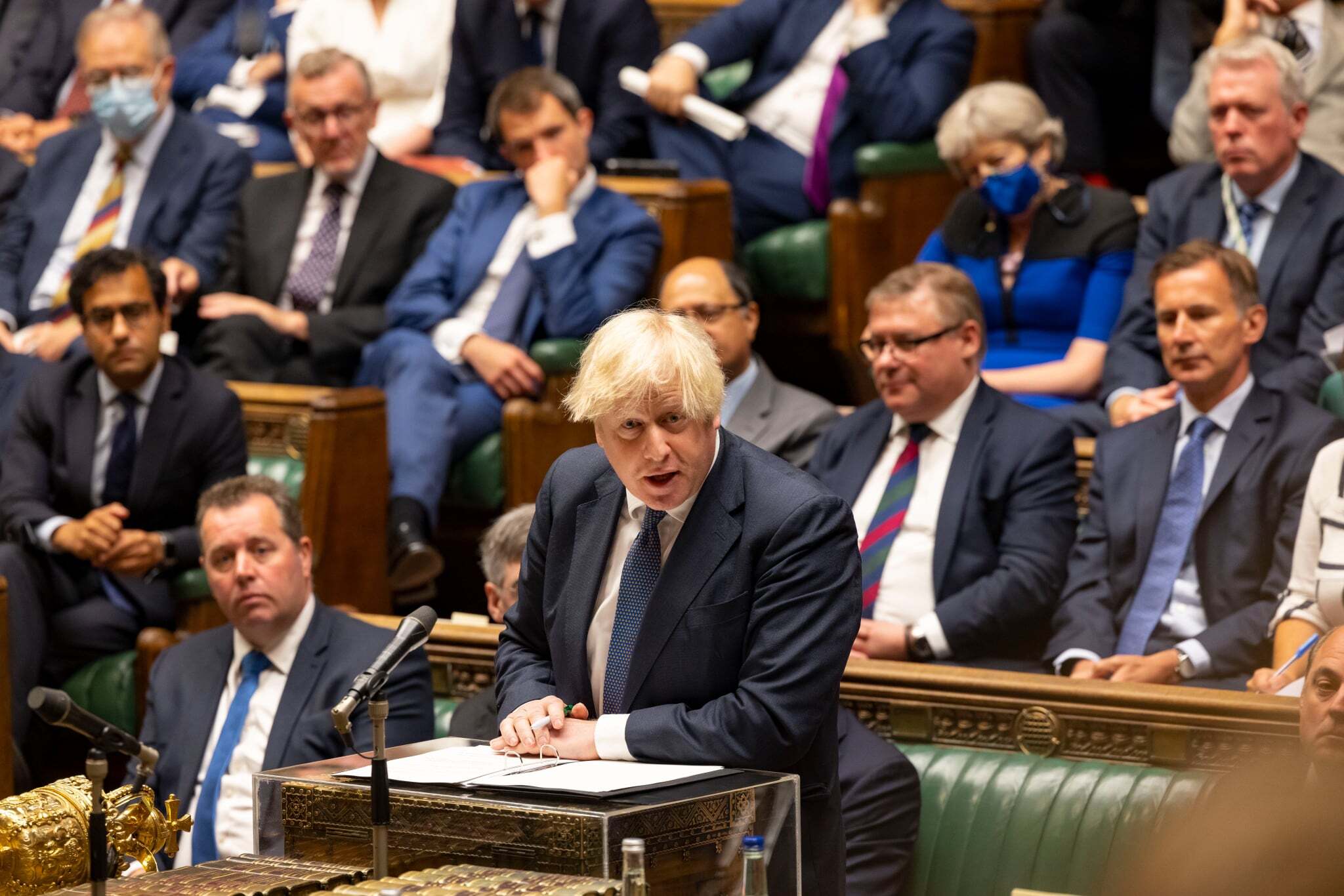KUALA LUMPUR, Oct 13 — Britain’s initial response to the Covid-19 pandemic, which saw delayed lockdowns and inadequate testing, has been described as one of the United Kingdom’s “most important” public health failures in a new report released on Tuesday.
The 150-page “Coronavirus: lessons learned to date” report by the United Kingdom Parliament’s Science and Technology Committee and Health and Social Care Committee stated that the UK government’s “slow and gradualist” response to the pandemic was clearly the “wrong policy” as it led to a higher initial coronavirus death toll.
The UK government’s inability to come up with a testing operation early in the pandemic deprived scientists and policymakers of crucial granular data, while its failure to introduce lockdowns quickly enough resulted in more lives lost with an expert suggesting that more than 20,000 deaths could have been saved if a national lockdown was instituted at least a week earlier.
Prime Minister Boris Johnson announced a strict lockdown across the country on March 23 last year, involving the closure of businesses and movement restrictions, when the UK death toll had reached 335 — two months after the government’s Scientific Advisory Group for Emergencies (Sage) committee first met to discuss the crisis.
This happened despite the UK counting on some of the best expertise available anywhere in the world, and despite having an open, democratic system that allowed plentiful debate. “For a country with a world-class expertise in data analysis, to face the biggest health crisis in 100 years with virtually no data to analyse was an almost unimaginable setback,” the report stated.
The joint report draws on evidence from over 50 witnesses, including former health secretary Matt Hancock, the government’s chief scientific and medical advisers, and leading figures from the vaccine taskforce and the National Health Service (NHS) Test and Trace.
While it acknowledges and approves some aspects of the UK’s Covid-19 response, especially the rapid development, approval and delivery of vaccines, it is critical of the government’s other decisions such as its move to stop mass testing in March 2020, its slow test, trace and isolate system, failure to share data, and poor protection for vulnerable groups.
According to The Guardian, University of Oxford’s Prof Trish Greenhalgh said the report hinted at a “less than healthy relationship” between the government and its scientific advisory bodies.
“It would appear that even senior government ministers were reluctant to push back on scientific advice that seemed to go against commonsense interpretations of the unfolding crisis,” she was quoted as saying.
The inquiry, which began in October 2020, examined six key areas of the response to Covid-19: the country’s preparedness for a pandemic; the use of non-pharmaceutical interventions such as border controls, social distancing and lockdowns to control the pandemic; the use of test, trace and isolate strategies; the impact of the pandemic on social care; the impact of the pandemic on specific communities; and the procurement and roll-out of Covid-19 vaccines.
The inquiry concluded that some initiatives were examples of global best practice but others represented mistakes.
“The UK response has combined some big achievements with some big mistakes. It is vital to learn from both to ensure that we perform as best as we possibly can during the remainder of the pandemic and in the future,” said Jeremy Hunt and Greg Clark, heads of the two committees, in a joint statement. A total of 38 recommendations were made.







